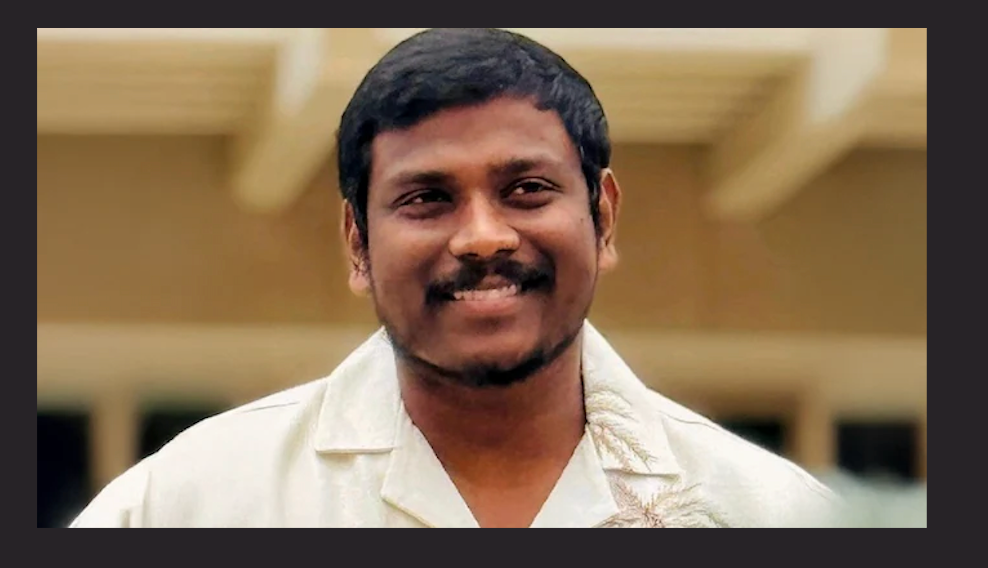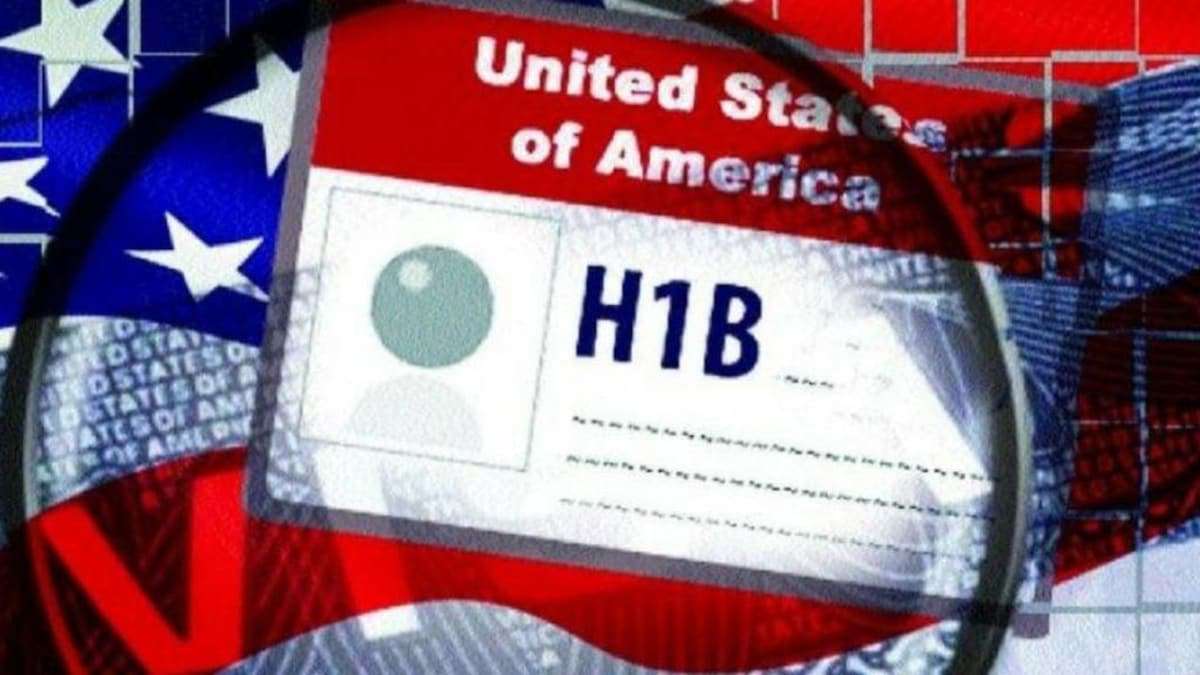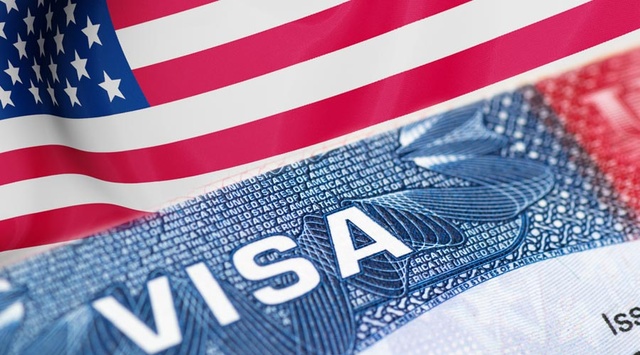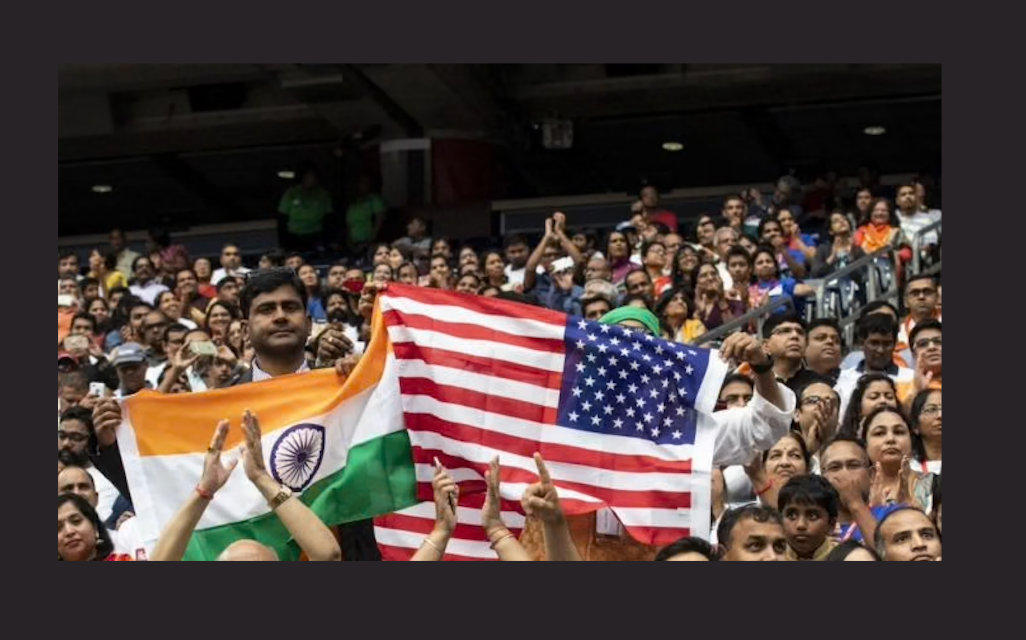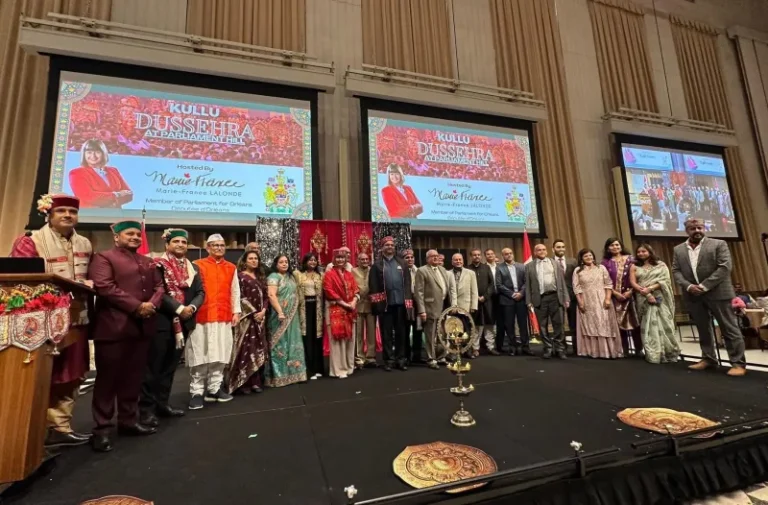Violence and online hate targeting Indian-origin people in the United States underscore the need for a stronger and proactive response from India’s Ministry of External Affairs
The recent murder of 28-year-old Chandrasekhar Pole, a student from Telangana, during a robbery at a gas station in Denton, Texas, on October 3, highlights the growing vulnerability of the Indian diaspora in the United States. This tragic incident adds to a disturbing pattern of attacks on Indians this year, including the gruesome beheading of Dallas motel manager Chandramouli Nagamallaiah last month and the shooting of 49-year-old Gujarati woman Kiran Patel in South Carolina in September, according to an editorial in dtnext.in.
While not all crimes are explicitly racially motivated, the rise in assaults is paralleled by a sharp increase in racist content targeting Indians on social media.
Incidents of vandalism at Hindu temples, including the BAPS Shri Swaminarayan Mandir in California, and FBI reports noting Sikhs as the third most-targeted religious group, illustrate a broader climate of anti-Indian sentiment
The surge is partly fueled by anti-immigrant rhetoric in the US, including statements by aides of Donald Trump labeling India as a “dead economy” and H-1B workers as “job stealers,” which embolden White nationalist groups. Digital platforms have amplified these prejudices, with anti-Indian content on Twitter nearly doubling from July to September 2025, according to the Centre for the Study of Organised Hate.
The situation poses a clear challenge for India’s Ministry of External Affairs, which must go beyond consular support.
Experts argue that the MEA should adopt a more assertive stance, using diplomatic engagement to protect Indian citizens, while leveraging influential Indian Americans in business, politics, and arts to act as ambassadors for the community. Strengthening India’s image in the American media, advocating for stricter action by social media companies against online hate, and highlighting the contributions of Indians as law-abiding, hardworking citizens are crucial steps to safeguard the diaspora.
Without proactive measures, digital and physical threats to Indians in the US may continue, undermining the well-being of a community that has long contributed positively to American society.



